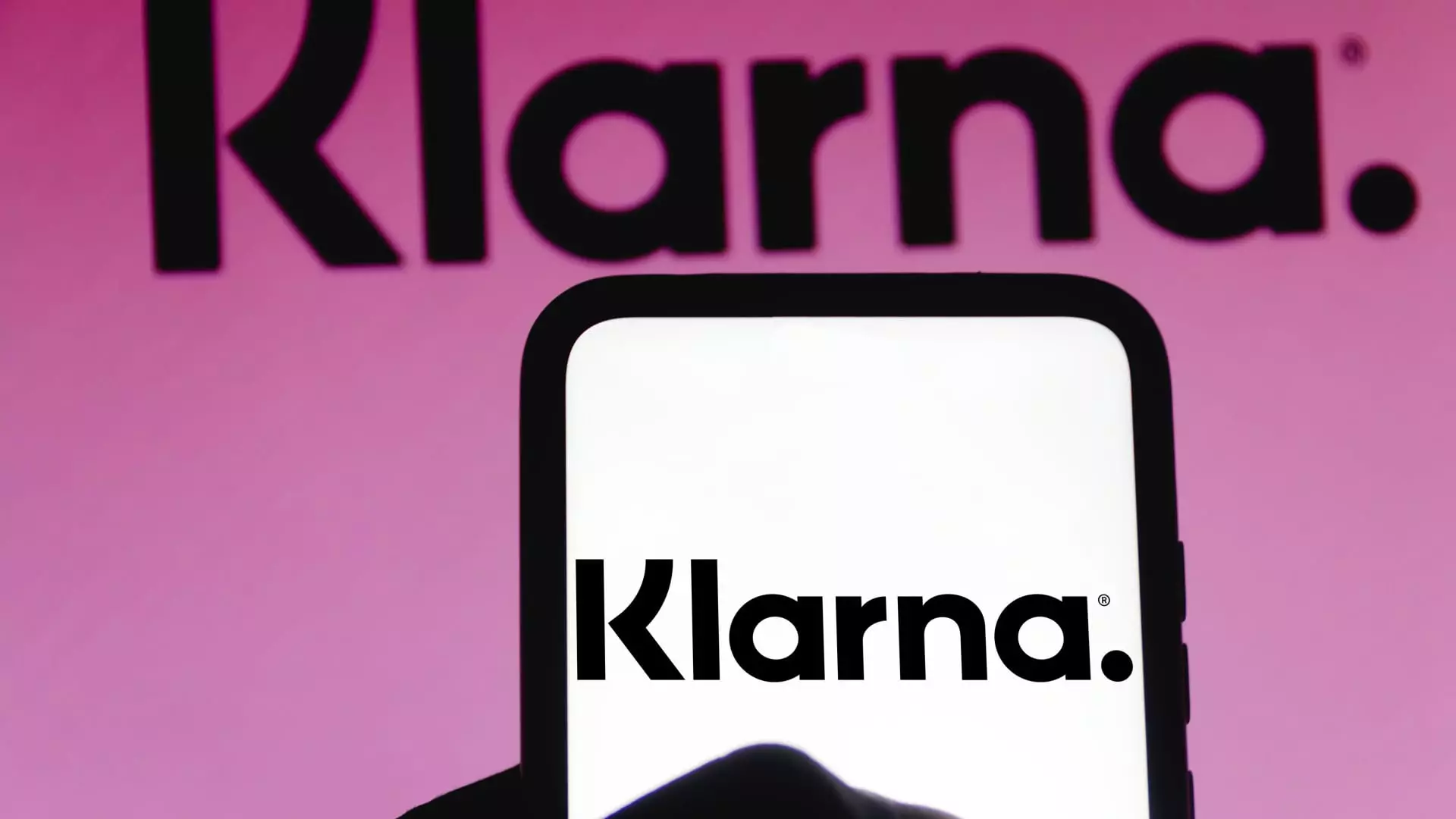In a bold move towards technological advancement, Swedish financial technology company Klarna has reported that a significant majority of its workforce is now utilizing generative artificial intelligence tools as part of their daily tasks. With over 87% of its employees engaging with AI tools such as OpenAI’s ChatGPT and the company’s own internal AI assistant, Klarna is setting a new standard for AI adoption within the corporate world. The implementation of generative AI is most prevalent in non-technical departments, including communications, marketing, and legal, where usage rates exceed 86%.
Klarna’s internal AI assistant, known as Kiki, has become an indispensable tool for employees across various departments. With a staggering 85% of the workforce utilizing Kiki, the chatbot is now handling an average of 2,000 queries per day. This technology has enabled Klarna to streamline its operations and enhance efficiency in responding to employee inquiries, ultimately improving overall productivity.
One of the key applications of generative AI at Klarna is in assessing the sentiment of press articles about the company. By employing OpenAI’s ChatGPT, the communications team is able to evaluate the tone and content of media coverage quickly and accurately. Additionally, Klarna’s legal team has leveraged ChatGPT Enterprise to expedite the process of drafting common types of contracts, significantly reducing the time and effort required for contract creation. Senior managing legal counsel, Selma Bogren, acknowledged the efficiency gains, emphasizing that contracts can now be drafted in a matter of minutes instead of hours.
In response to changing market dynamics and economic uncertainties, Klarna has undergone a strategic transformation, focusing on cost reduction and operational optimization. Following a significant workforce reduction in 2022 and a decline in valuation, Klarna has successfully shifted its narrative towards profitability by integrating AI into its core business operations. The company’s embrace of AI technology has not only enhanced efficiency but has also contributed to improved financial performance, leading to the attainment of its first quarterly profit in four years.
Looking ahead, Klarna remains committed to maximizing the potential of AI across its business functions. By harnessing the power of generative AI tools, the company aims to drive innovation, increase operational efficiency, and enhance customer experiences. As Klarna continues to adapt to a rapidly evolving business landscape, the integration of AI technologies will play a pivotal role in shaping its future success. With a clear focus on leveraging AI as a strategic asset, Klarna is poised to remain at the forefront of technological innovation in the financial services industry.

